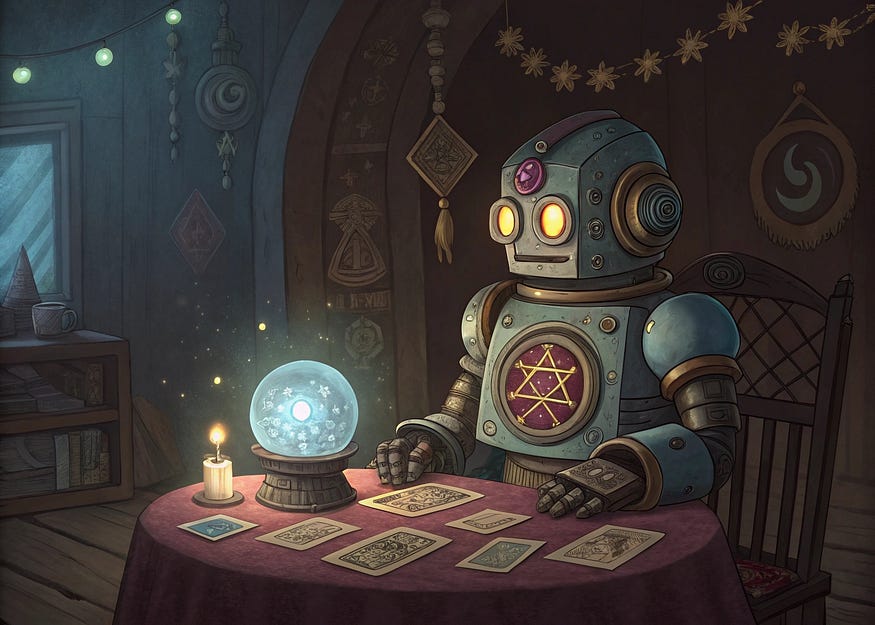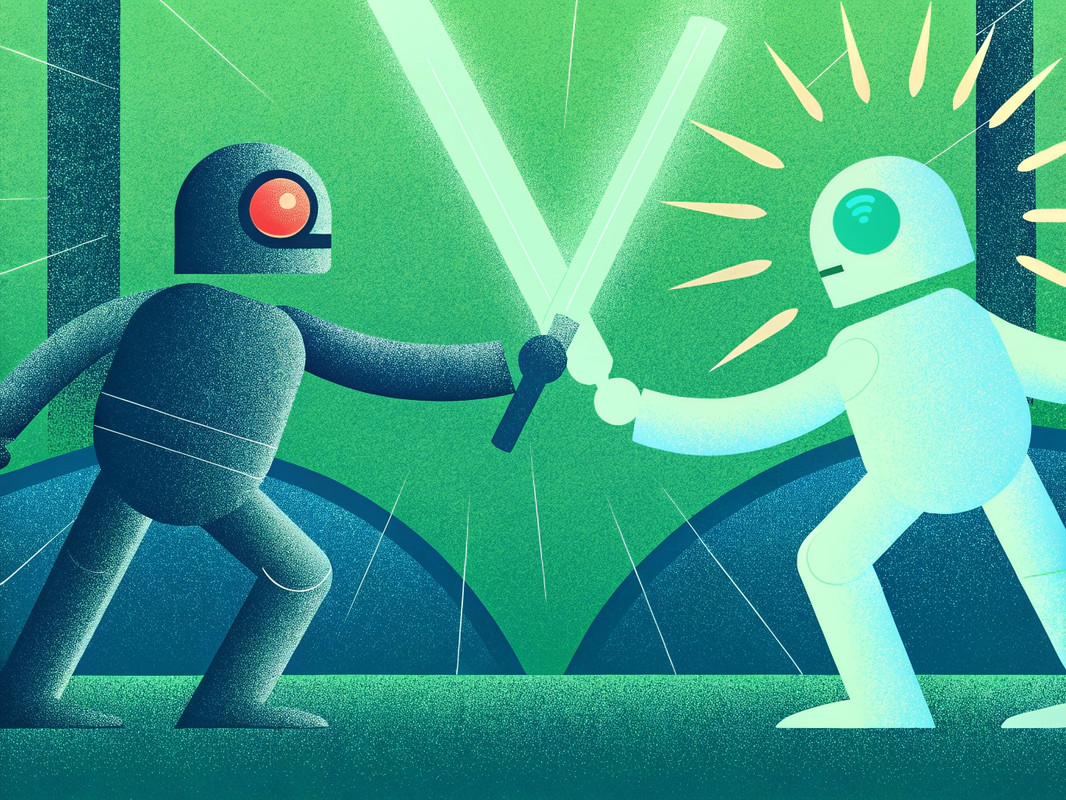Can AI Be a Fortune Teller?
AI vs Human Fortune Teller
AI, as we know it, is a program taught on the biggest library of human history — the internet. But can it predict the future? Can it tell what is going to happen tomorrow, a week later, or maybe 100 years from now?
We all have heard stories about people like Nostradamus and Baba Vanga, possessing psychic powers — vision so strong they could look into the future. It has always made us wonder about what questions to ask if we accidentally come across someone with similar claims.

Fortune teller of our dreams
AI at this stage has now started to contribute significant value in our lives. But for it to be a fortune teller, to me seems far-fetched. You might argue that AI is capable of possessing similar qualities reminiscent of fortune tellers such as palmistry, cold reading, and understanding about you by your past. After all, these too are parts of pattern recognition, which AI is already great at doing.
The Limitations of AI in Fortune Telling

AI desperately trying to look like a fortune teller
But fortune telling is more than just recognizing patterns. It is also about reading the energy, the VIBES, uncovering untold past which even an individual may not consciously know about themselves. Fortune tellers are not just brains of pattern recognition, but also, a powerhouse of manifestation. The interaction is also an experience in itself, transcending patterns and algorithms. One could tell a lot just by meeting someone. Getting a similar experience from a technical black box like AI feels arduous, if not impossible.
We, in this algorithm-driven life, more often than not, forget about genuine interactions and connections which have a profound influence on our lives. To take these intangible parameters into account while predicting someone’s trajectory of life is not so algorithmic per se, for AI today.




